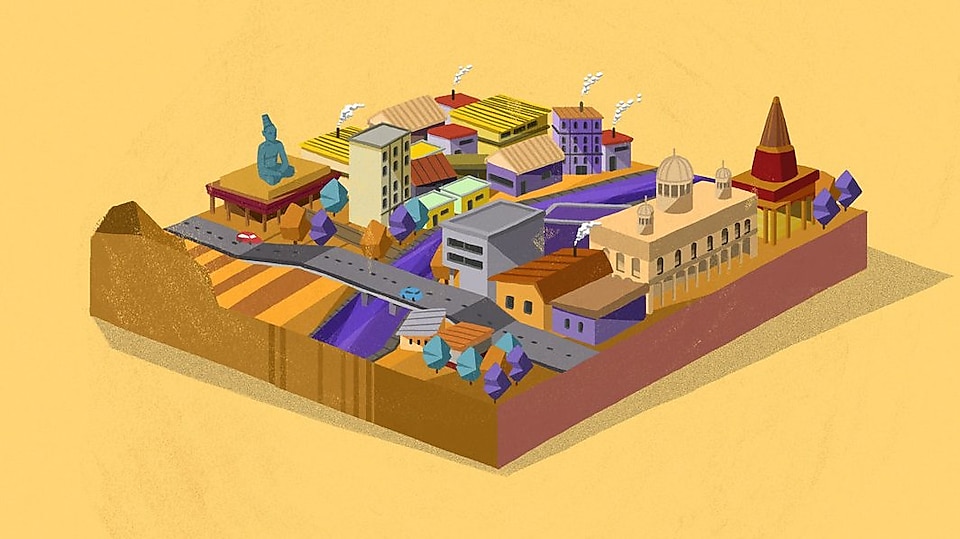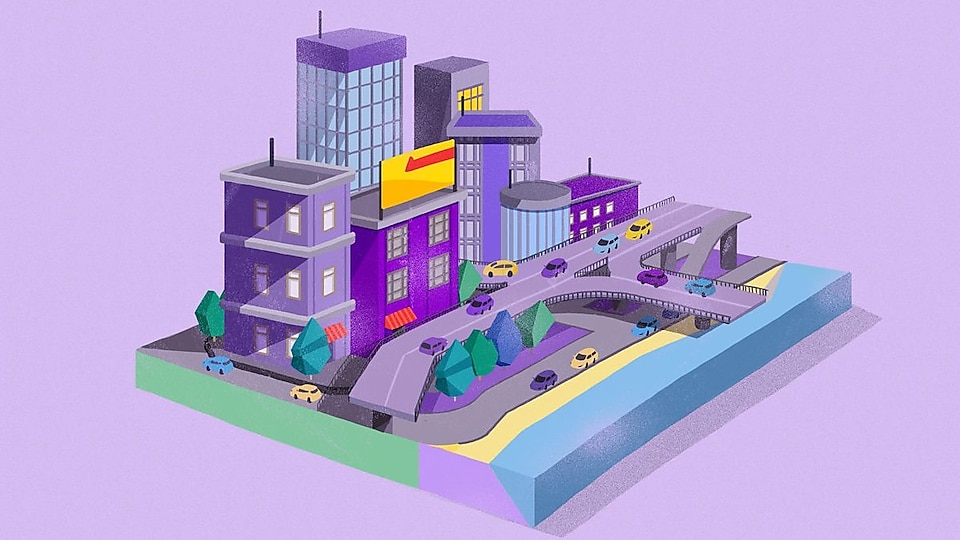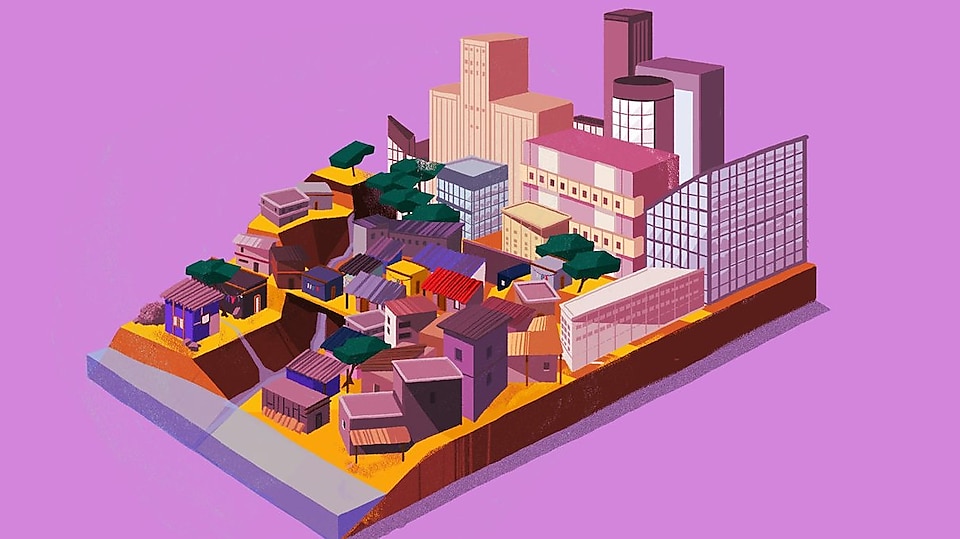
A cleaner way to cook
Cooking stoves play a crucial role in homes around the world. But dependence on traditional solid fuels, such as wood and charcoal, creates fumes that can cause health problems. Across China, innovative designs and business models are emerging to meet this challenge.
China is a diverse country with various cultures, climates, income levels and culinary tastes. But around 45% of the people living in China depend on solid, potentially harmful fuels for heating and cooking – and basic technology to burn them. Shell is collaborating with the Global Alliance for Clean Cookstoves to help change this using new technologies and innovative business models.
Watch: How can a new stove help Chinese families see more of each other?
Title: Shell Better Energy Future Clean Cookstoves China
Duration: 45”
Clean Cookstoves China transcript
(Shell track plays)
(Animated sequence)
Open on a prink screen with a yellow text box in the centre
(Text display)
VO & super: How can a new stove help Chinese families see more of each other?
(Animated sequence)
The box expands to include all the copy and an animation of both a cookstove & a Chinese family appear, connecting to the highlighted words
(VO)
In China, cooking and heating with smoky open wood fires is still common in millions of households.
(Animated sequence)
A Chinese village appears with a Chinese flag and map. A visual of pan which is cooking and a pair of hands over a fire to represent heating appear.
(Text display)
Cooking
Heating
(Animated sequence)
A mother and her two children are cooking over a stove
(Text display)
Millions of households
(VO)
The toxic emissions from cooking and heating can cause significant health problems.
(Text display)
Toxic emissions
(Animated sequence)
A visual of pan which is cooking and a pair of hands over a fire to represent heating appear. The screen is then filled with smoke
(VO)
That’s why Shell is working with the Global Alliance for Clean Cookstoves and local governments to provide people in six provinces with cleaner cooking and heating technologies.
(Animated sequence)
A Chinese village appears with a Chinese flag and map as well as the Shell logo. A yellow text box including appears
(Super)
Global Alliance for Clean Cookstoves
Local government
6 provinces
(Animated sequence)
A Chinese family appears in a kitchen with the mother cooking
(Super)
Cleaner cooking
Heating technology
(VO)
These innovative stoves burn more efficiently, reducing emissions and air pollution, improving health. So families can breathe more easily while they enjoy healthier, smoke free mealtimes together.
(Animated sequence)
We see an animation of the new clean cookstove with a lightning bolt labelled 1, a downward pointing arrow facing down labelled 2, a fire flame labelled 3 and a Chinese family labelled 4
(Super)
Burn more efficiently
Reducing emissions and air pollution
Improving health
Families can breathe more easily
(Animated sequence)
A traditional Chinese meal appears with a smiling face and a Chinese family
(Super)
Enjoy smoke-free mealtimes together
(VO)
It’s just one of the ways that Shell and the Global Alliance for Clean Cookstoves are helping bring cleaner energy and higher quality air to families around the world.
(Animated sequence)
A Chinese family enjoying a meal together at their dining room table.
(Animated sequence)
We get a bird’s eye view of the village.
(Animated sequence)
A globe with pulling out the UK, China, India, Kenya, Brazil, Germany, and the US
(End frame)
#makethefuture
Shell Pectan
Shell mnemonic
The Global Alliance for Clean Cookstoves is an initiative trying to address the global issue of dirty, inefficient stoves through collaboration with 1,800 public and private partners. Shell – the largest private partner involved – has contributed $13 million to the cause since 2010.
The effects of indoor pollution in China are widespread. Smoke-emitting fuels impact the health of 608 million people across the country, which leads to more than 600,000 deaths every year.
The Alliance is tackling this by championing new technologies and business models through seven Shell-funded pilot projects. These projects have installed innovative cookstoves that use electricity to suck in air and burn fuels completely, so they operate more efficiently and produce fewer harmful smoke particles.
One of these new products is a cookstove powered by electricity generated from biomass pellets. The shape of the cookstove is designed to match the traditional built-in stoves that Chinese households typically use. This means people can keep cooking the way they always have, which encourages more people to start using them.
In addition to introducing this new technology, these projects are testing its performance, as well as trialling different business models and marketing strategies to establish a healthy and sustainable cookstove and biomass market in the country.
For example, in the case of the biomass-powered cookstove, the Alliance also helped set up a village-based pellets facility that has created local jobs and will supply households with cleaner fuels.
Overall, the projects initially targeted 1,828 households, but 218,837 were eventually reached due to additional local government support. The aim is to increase that number in the year ahead.
Combining the efforts of its partners, the Alliance aims to bring 100 million clean cookstoves to homes around the world by 2020, while the Chinese Ministry of Agriculture wants to see 40 million clean stoves installed around the country.
Future projects will look to increase this distribution and continue to develop the technology, helping more families enjoy meals together in warm, safe environments.
Discover bright energy ideas
Pipeline to a better future
In Gujarat, India, natural gas is replacing solid fuels, bringing cleaner air to homes.
Powering samba beats with Rio sunshine
This Rio community is being transformed thanks to one of its most abundant resources: sunlight.
Could a car’s only emission be water?
Hydrogen can power the cars of the future and swap exhaust emissions for water.
Lighting up lives with gravity
For the 80% of people across Kenya who live without electricity, an innovative lighting solution is offering a brighter future.
More in make the future
Powerofplay
In Shell, we believe the answers to tomorrow’s energy challenges lie in the power of people’s ingenuity, and that together we can #makethefuture today.
How stories can light up lives
For people living off grid, sustainable light solutions like the GravityLight can help transform lives and inspire imaginations.




